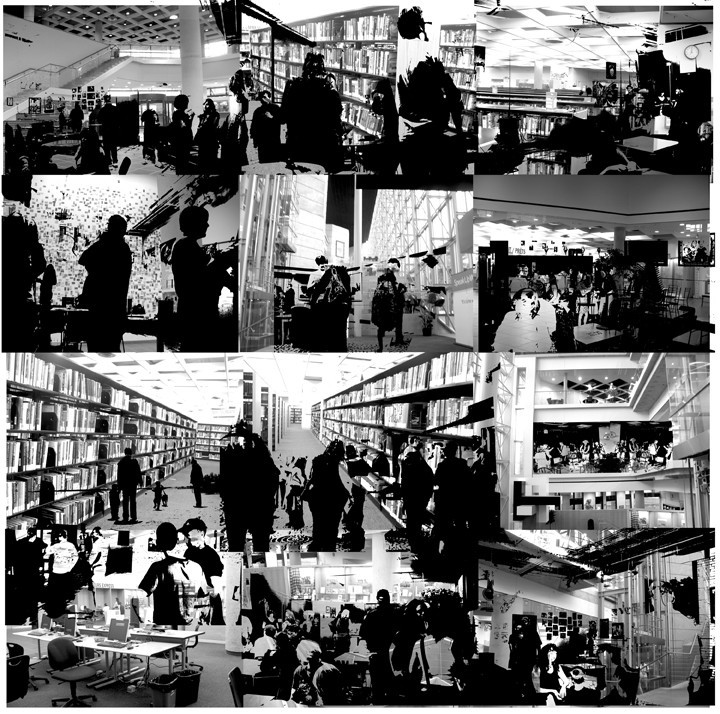But what about the books?
Just as the way people get information is changing, so too are libraries
If you check the local events listings, it’s likely you’ll come across a concert, lecture or art show at the Millennium Library. If you need free Wi-Fi or study space or an espresso, your local public library will do the trick.
But wait – what happened to going to the library for books?
“Public libraries are different places than the library your grandparents or even parents went to,” said Rick Walker, manager of library services at the Winnipeg Public Library. “We want to reach out to the community, and are connected to new kinds of information.”
That’s part of the reason why they put on events like lectures and concerts.
“If they get people in for something cool, they might check out a book,” said Janet Rothney, a recent graduate of McGill University’s master of library and information studies program and a current contract librarian with the University of Manitoba.
Rothney says libraries are trying everything to get people into them.
“Now you can play Wii in the library.”
Where once libraries were seen as fortresses of culture and destinations for betterment, they are now trying to integrate with the kinds of information people actually use.
“One hundred or 200 years ago, libraries were trying to make people more educated and cultured. They have gone from very exclusive to very inclusive,” Rothney said.
Walker sees this inclusivity manifest in the way the Winnipeg Public Library has become a kind of community centre.
“The public library is a civic hub, one of the few places in society that is free and open to all,” he said.
If the Millennium Library has become a landmark of Winnipeg civic community, then why bother with all the other branches? Walker said that the Winnipeg Public Library is renovating its other, 20-plus locations, and following the downtown library’s lead.
The West End Library, on Sargent Avenue, was renovated to include study space and to integrate a recreation complex. Walker said the library is a success.
“Modern facilities are what the public is looking for.”
“ The public library is a civic hub, one of the few places in society that is free and open to all.
Rick Walker, manager of library services, Winnipeg Public Library
The emphasis on space in Winnipeg’s new libraries speaks to a cultural shift in the way libraries have been perceived by the public.
Winnipeg’s oldest libraries were funded by American industrialist and library-enthusiast Andrew Carnegie at the turn of the century. Carnegie libraries were built with a combination of the private Carnegie grants and public funds.
According to Rothney, these old libraries had physical space that reflected the kind of information they contained.
“Carnegie libraries were physical spaces because the information was physical” – meaning that it was found in books.
These were also libraries where librarians stood on raised platforms so they could oversee their collections and patrons. A visit to the Cornish branch of the Winnipeg Public Library, an original Carnegie library, is quite a different experience than heading downtown.
“It isn’t your traditional image of a library,” Walker said. “Library’s are great civic spaces – they are meeting places, places where people socialize. [The Millennium Library] is designed to be a part of the revitalization of downtown.”
The unique architecture of the Millennium Library is representative of the way library use changes. Walker is adamant that library facilities are more important today than ever before. He views the library just as much a virtual space as it is a physical space.
Winnipeg Public Library’s website, for example, is seen as a way to make use of the library after the physical place is closed. Walker says the website receives one million hits every month.
“Public libraries always try to provide access to information.”
The new information includes e-books that can be downloaded at home to an iPod, computer or personal device.
The Boston Globe reported at the beginning of this month that a New England prep school went so far as to remove its entire print collection, seeing digital media as the wave of the future.
So there could come a time when your local library branch doesn’t have any books at all.
In fact, Walker is so excited about new innovations at the Winnipeg Public Library, he doesn’t even mention the stacks.
Published in Volume 64, Number 3 of The Uniter (September 17, 2009)








